Mulch is a layer of material that covers the surface of the soil and is used for different purposes, such as maintaining soil moisture, improving soil fertility and health, and reducing weed growth. Mulch can be organic or synthetic. Nylon is one of the most popular types of plastic mulch that is used in the production of commercial and horticultural products. If used correctly, it will have tremendous effects on the health of the soil and the amount of harvest.
What is plastic mulch?
As explained in the above section, mulch is divided into two main categories, organic and inorganic (mineral). Organic mulch is made from biodegradable materials such as grass clippings, wood chips, dry leaves and straws. Mineral mulch, on the other hand, consists of river rock, crushed stone or gravel. Plastic mulch is also included in the inorganic group.
Plastic mulch is produced from polyethylene raw material and usually has a multi-layered structure. Plastic mulch became popular in the United States in the 1950s for commercial berry and vegetable production. But now, it is used to produce many products, even in small home gardens and greenhouses. The most common type of mulch is black agricultural nylon, which insulates the soil, prevents erosion, and reduces moisture evaporation.
While plastic mulch has significant advantages, mulch materials must be disposed of properly to reduce their impact on the environment. The use of plastic films as mulch materials has environmental concerns because they are petroleum products. Apart from the disadvantages, such as consuming a lot of energy to produce plastic materials, it is also difficult to recycle them.
types of plastic mulch
The polyethylene film used in making this product has different types, each used for a specific purpose.
Black: Black mulch film is the best choice for eliminating weeds, warming the soil in the cold season, and maintaining soil moisture.
Transparent: These films transmit sunlight to the soil and simulate a small greenhouse. The main advantage of using this film is increasing the agricultural production growth rate.
Color: Today, color films are used for different purposes. Blue, silver, white, red, yellow, etc., film is suitable for a type of agricultural product. For example, red mulch increases the yield of tomatoes by 20%.
Anti-UV: Mulches with this feature filter out the sun’s harmful rays and increase agricultural land’s productivity. These films are produced by adding special materials in polyethylene production, and you can buy them as a custom order from Poshan Plastic.
Advantages of using plastic mulch
1- Improving soil structure
Using plastic mulch helps to prevent the soil from collecting and compacting. This material traps moisture and heat and limits the loss of plant nutrients. Plastic mulch is the most restrictive of all the mulching materials on the market, so it adapts well to drip irrigation. In addition, the plastic layer prevents people and pets from walking in the area, further strengthening the soil structure.
2- Soil insulation
Most plants are sensitive to temperature, especially vegetables, and cannot tolerate winter cold. Growers use a mulch to help the soil retain heat as the cold months begin. Inorganic mulch, like plastic mulch, warms the soil up to 5°F (3°C). Plastic film regulates soil temperature evenly and insulates temperature-sensitive plants during cooler months. Fruit trees and sensitive perennial plants are likelier to come out of their winter sleep using plastic mulch. Plastic mulch is also effective in protecting trees and shrubs from winter damage.
2- Effective control of weeds
Weeds are one of the biggest threats to agricultural land. If we don’t get rid of them in the shortest time, they will take over the whole garden, and the earth will be destroyed. Plastic mulch, especially its black color, effectively suppresses the growth of weeds and prevents them from growing. When plastic mulch is installed in the garden, it prevents weeds from receiving the sunlight they need for photosynthesis. When the weeds are deprived of sunlight, they die, saving you the trouble of weeding them individually by hand.
3- Increasing the growth rate of products
Using plastic mulch allows you to grow your crops early in the season. Because mulching warms the soil, you can plant warm-season crops up to three weeks ahead of the growing season. This situation is not valid for organic mulches. Plastic mulch has a better effect on absorbing heat in the soil. The soil heats quickly and provides the best growing conditions for hot-season vegetables.
4- Higher product quality
Using plastic mulch is key to better quality fruits and vegetables. The plastic film acts as a barrier that protects the fruit from contact with the soil. Nylon prevents the growth and spread of diseases and rot, and since the fruits are not in direct contact with the soil, they grow much cleaner.
5- Reducing the risk of root damage
Using plastic mulch eliminates the need for continuous cultivation except between plastic rows. Because the soil is undisturbed, plant roots can grow deep and efficiently and extend into the ground. The fact is that cultivation is one of the main causes of root damage. But if your garden is prone to weeds, you have no choice but to cultivate the soil.
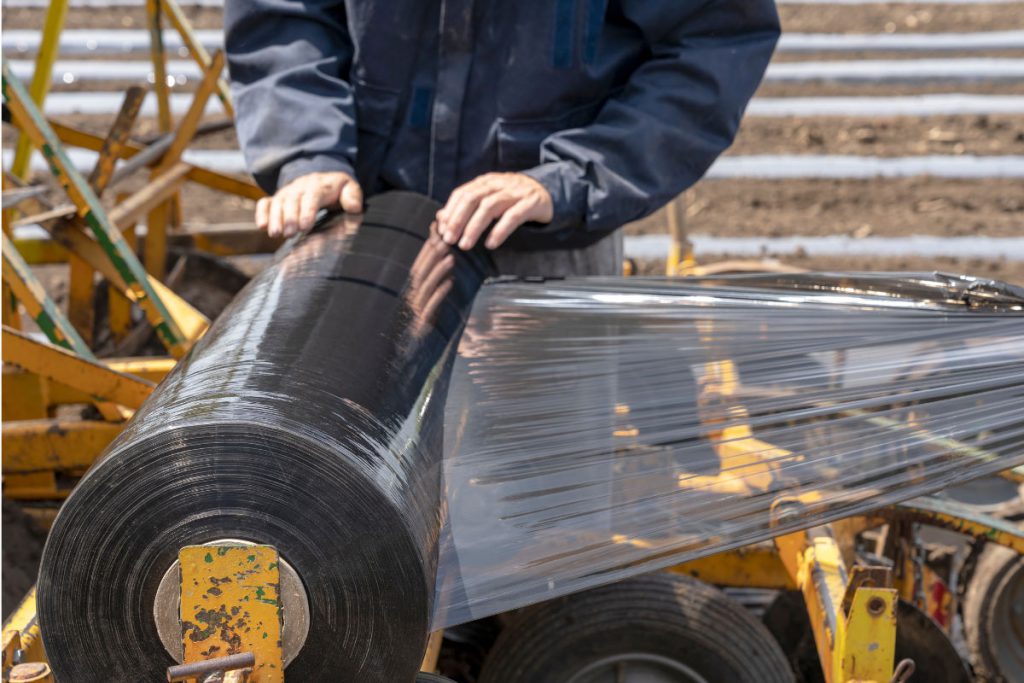
Disadvantages of using plastic mulch
1- Recycling
Unlike organic mulch, the plastic type is non-biodegradable or completely biodegradable, So it ends up in landfills. Plastic products are derived from petroleum, which is expensive to produce and harmful to the environment. Also, since plastic mulch is not biodegradable, it must be removed annually from commercial fields, which is very expensive. Of course, efforts have recently been made to produce biodegradable plastic mulch to solve these problems. Of course, recycling them is possible due to the use of Low-density polyethylene in producing these films.
2- Difficult elimination
We have two main challenges to removing mulch from the ground: 1- Removing it from fields requires specialized equipment, and 2- It is difficult to dispose of plastic in general. Unfortunately, most landfills require an additional fee for plastic disposal, which adds to the overall cost of using plastic mulch.
3- Excessive heat
While black plastic mulch effectively warms the soil, changing the soil temperature is not recommended for all crops. Some crops are sensitive to soil temperature, so heating the soil may backfire. The use of black plastic mulch is recommended only for heat-loving vegetables such as melons, tomatoes, peppers and other summer agricultural products. Never use black plastic mulch to grow cold-season crops such as lettuce, peas, etc. High heat destroys these products.
4- High humidity
Humidity is not always good, and excessive humidity has terrible effects. Plastic mulch works very well at trapping moisture and minimizing the risk of water evaporation. However, the excessive moisture makes it much easier to overwater and drown crops. Also, growers should install a drip irrigation system around each plant to control humidity and prevent crops from drowning. Wet growing conditions can also lead to contamination and disease.
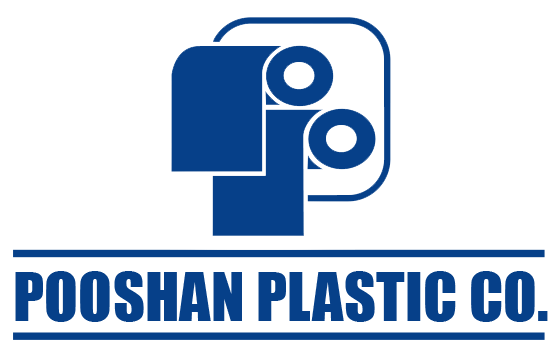
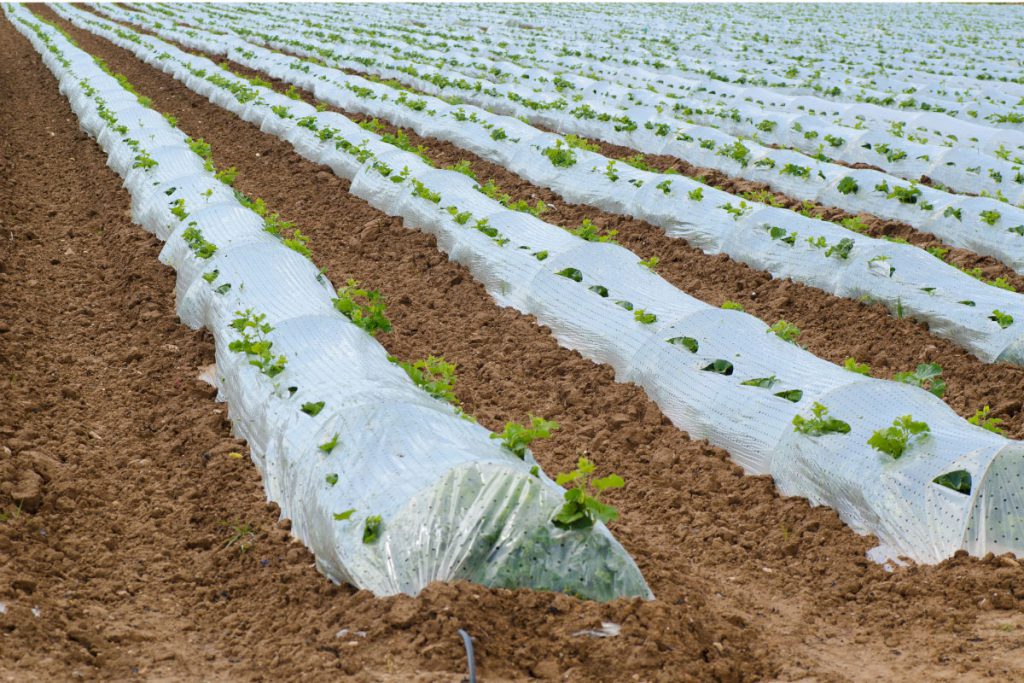
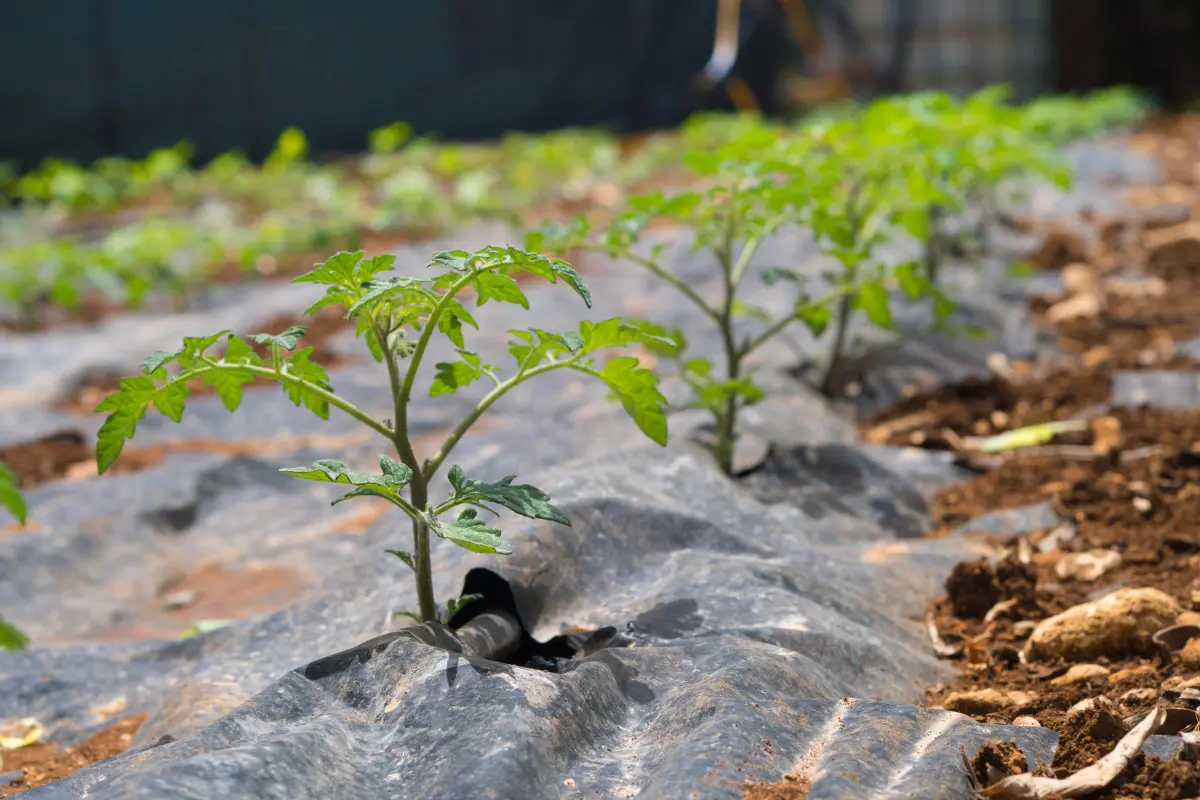
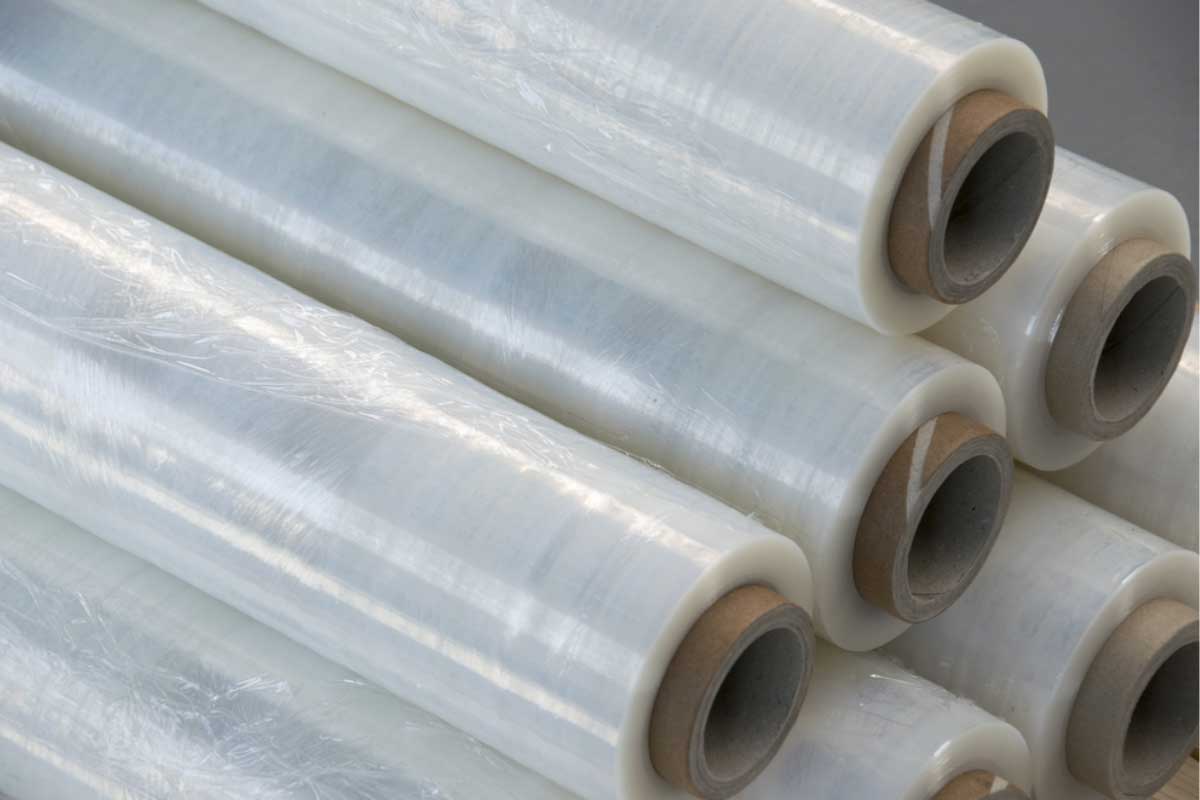
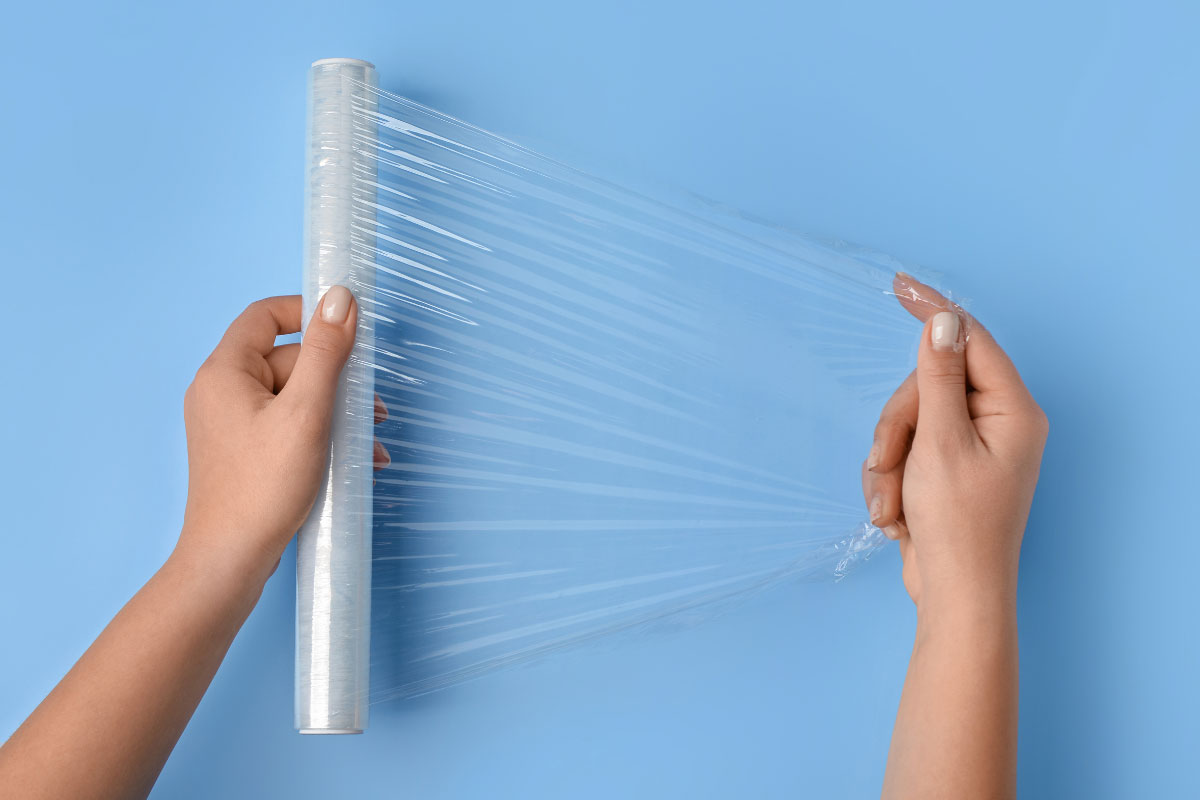

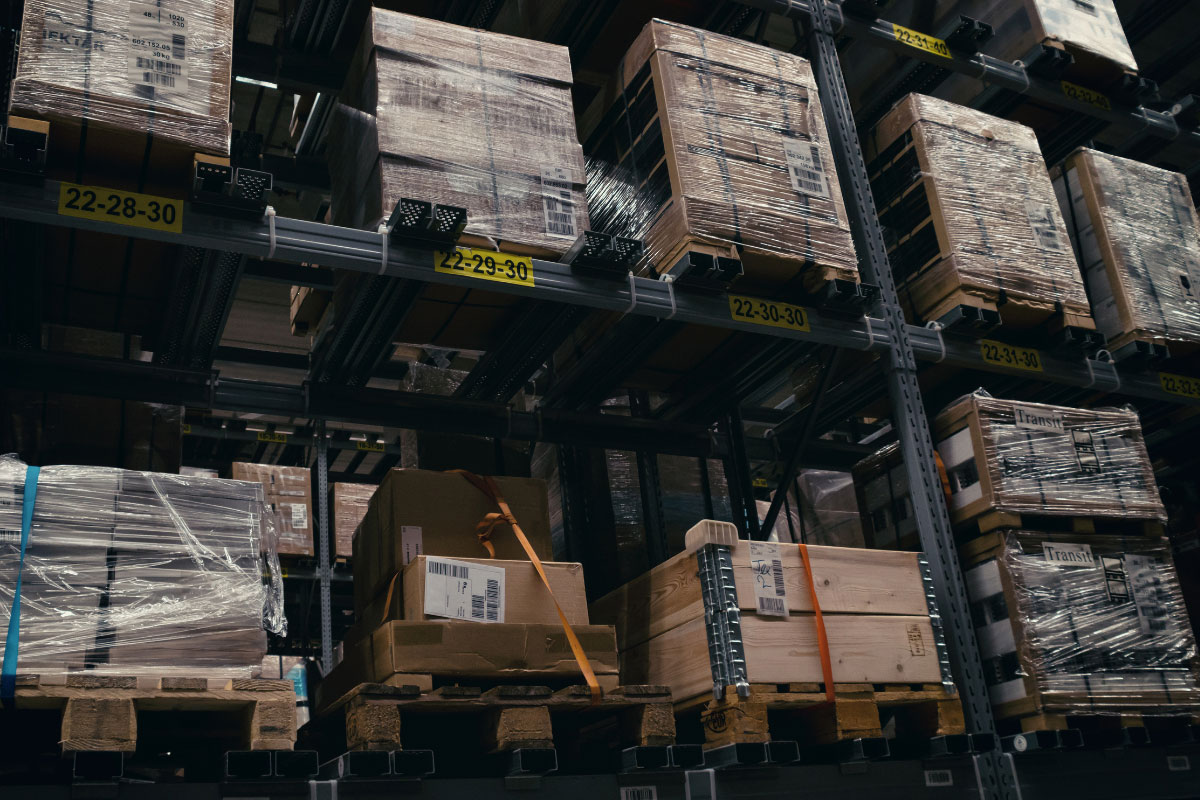
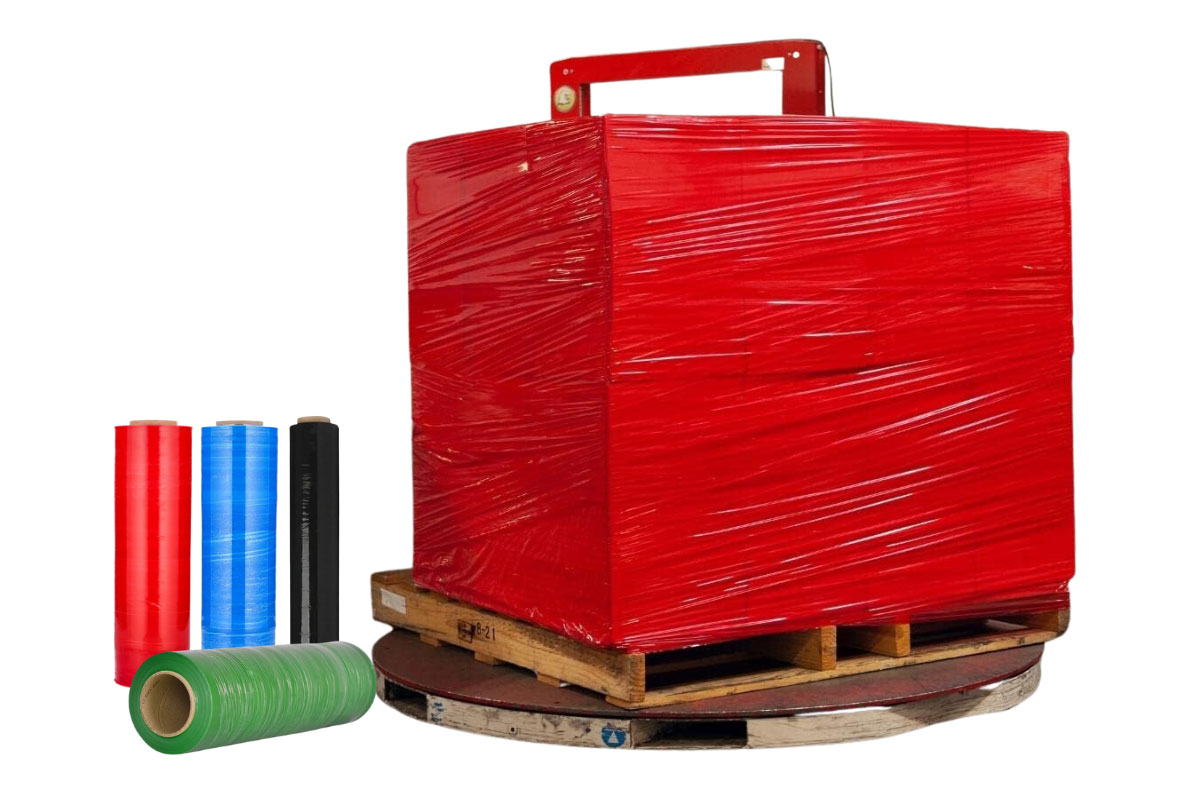

2 thoughts on “What is plastic mulch? + advantages and disadvantages”
I want to purchase 1 roll of red film mulch, 1.2 m x 400 m with a thickness of 30 microns.
You can email your order to this email address: info@pooshanplastic.com